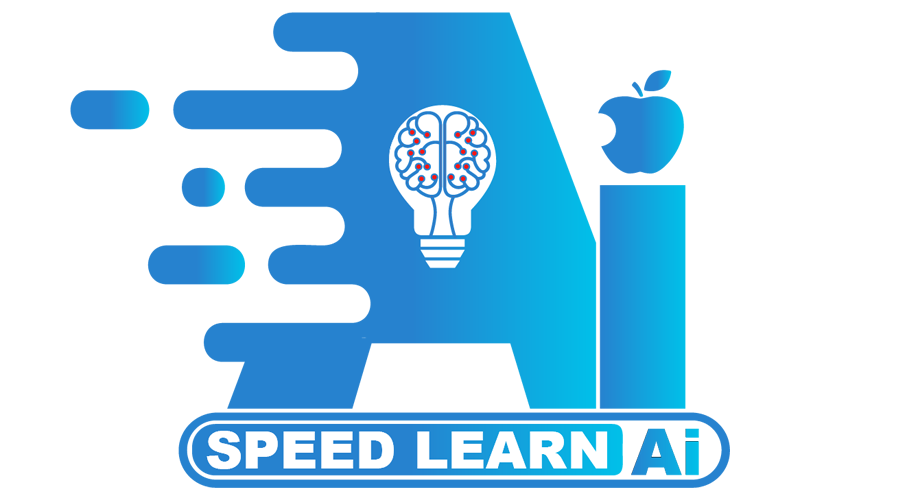How To Use Auto-GPT in a Browser For Beginners
Today, I will show you the easiest way to deploy your very own Chat GPT-powered agent that will help you reach any goal. The way all this works is essentially you stating a goal, and then one copy of Chat GPT going ahead and creating a plan on how to reach that goal. Then, another instance of Chat GPT, your agent, goes ahead and completes all the steps that were outlined. Doing this by yourself is simpler than you think, just follow along. All of this is brand new, and I’m sure it will be developing over the next weeks and months. So, what you also get here is a step-by-step guide in the description below, and that I will be updating whenever something changes. Alright, let’s do it!
Step one, and this will always stay the same, is you go to platform.openai.com. Here, you need to simply log in with the same account that you have been using for ChatGPT. Alright, next up, you’re going to click your profile in the top right and then click “View API Keys”.
Very briefly, API is just a simple way to connect one app to another, and now click “Create new secret key”, give it a name, create secret key, and this is one of your API keys that directly links to your account. That means everything this will be used for will be built for you. Just make sure nobody else has the secret key, as otherwise, they could drain your account.
After copying this, we’ll head on over to Agent GPT, a simple web interface that allows us to deploy a GPT-powered agent. The way it works is simple. Go to settings down here and paste the API key we just copied into the field key in the field above. I’m going to pick GPT 3.5 turbo just because this model is extremely cheap and will allow me to experiment a lot, which is essentially the default model you get with ChatGPT ever since December. And all we do here is click “Save”.
Now we’re all set up, and we’re almost done here, so all you need to do is name your agent, and here’s the most important part: we have to set a goal for our brand new agent, and I’ll just say “Write me a research paper on the importance of experimenting with AI”. Click “Deploy agent”, and now ChatGPT is going to come up with various tasks that need to be completed in order to write this research paper and then do it. On the right, you can see the current tasks: “Retrieve relevant academic sources”, “Analyze data and literature”, and then “Generate a comprehensive research paper”.
And now, all we do is lean back and let our agent work. Okay, and as you can see, after completing some of the initial tasks, it starts writing your research paper section by section. Now all you need to do is hit “Copy” on the top right, and now you can paste all of the extensive results in a brand new document, but now, among many other things, also includes the results of the agent’s work.
One last thing to consider is the price of this. While using your API key, it’s not completely free, but OpenAI gives you some credits to get started, so the beginning is free. But when I review my usage data, I will find that deploying one of these agents and letting it work for 25 messages, it cost me 5 to 10 cents with the GPT 3.5 turbo model. You can check out all the details under this link and the current prices under this link.
Now, while this browser version is extremely user-friendly, it is not as sophisticated as what is really possible with autonomous agents. If you want to go deeper, that’s exactly where this video comes in, showing you the full potential of what’s possible here.


